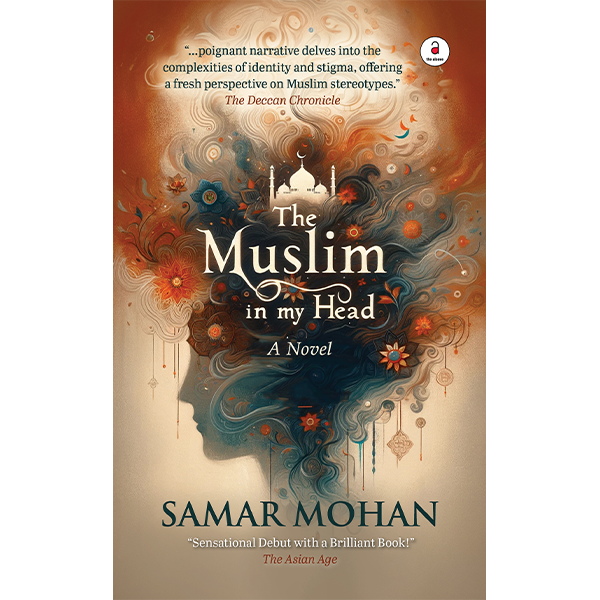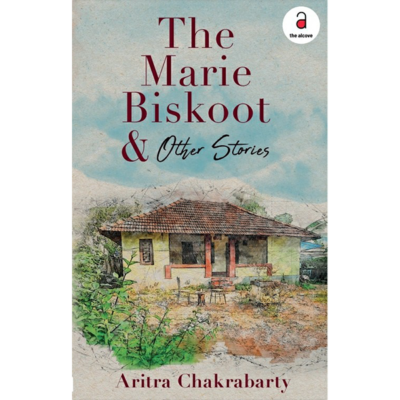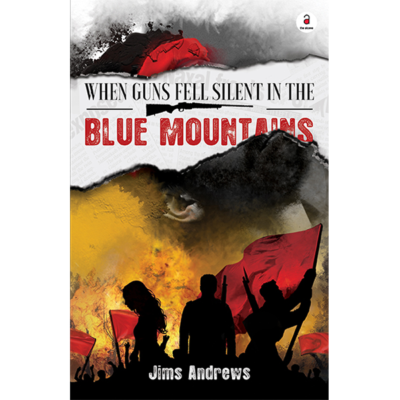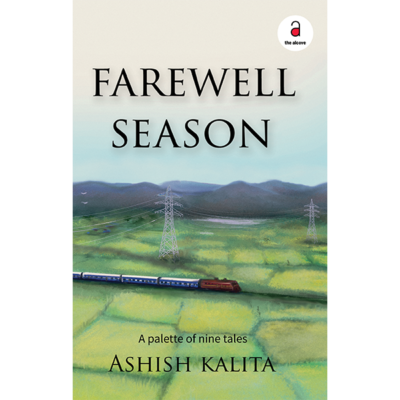ABOUT THE BOOK
Lyle Cline, an American academic researching Islamic radicals, starts interviewing Tahir Hussain, a recently acquitted Muslim terror suspect. Lyle is startled to learn that Tahir was a staunch atheist before his detention by the FBI. Tahir recounts the scornful contemporary attitudes towards Muslims that have trailed him from a dusty Indian village, by way of liberal universities in Kolkata and Boulder, Colorado to an engineering job in Denver. Lyle learns about the debilitating losses strewn across Tahir’s youth and adulthood, including his brush with a lynch mob, crucibles for his cynicism, rage and the complete annihilation of his faith. It is in prison that Tahir is introduced to Rumi’s poems, a gift from a friendly guard and a precursor to several transcendental visions.
What events made Tahir a disillusioned man? Did he plan to commit acts of terrorism? What were the ethereal visions he witnessed in captivity? Is God real?
ABOUT THE AUTHOR
Samar Mohan is an IIT alumnus and has a PhD from an American University. Samar currently serves as a senior engineering advisor in a large international corporation. His first novel The Muslim in My Head and its contrarian Muslim protagonist are loosely inspired by J.D. Salinger’s first novel The Catcher in the Rye. Like Salinger, Samar has let his writing be informed by the stark reality of the prejudices faced by his Muslim friends, both in India and the United States, as well as his own lived experiences with bigotry as a brown person in the States.
Samar professes to be culturally a Hindu and spiritually a void. He has written The Muslim in My Head because even as a Hindu he has been distraught by the molestation of the Muslim identity over the years to a point where the word Muslim has become a slur. He has made personal faith a critical piece in his novel as most islamophobia is rooted in taxonomical differentiation of personal gods, a notion he shatters through his reasoned writing.
As a person of science, Samar has poured his learnings from diverse fields of anthropology, evolutionary biology, history and physics into a literary narrative in The Muslim in My Head. He has provided a rare and direct literary counter to the contemporary narratives on who or what a Muslim is, by making this novel capture a young Muslim’s struggles to belong in a world that is dismissive of his aspirations, anxiety and grief.








